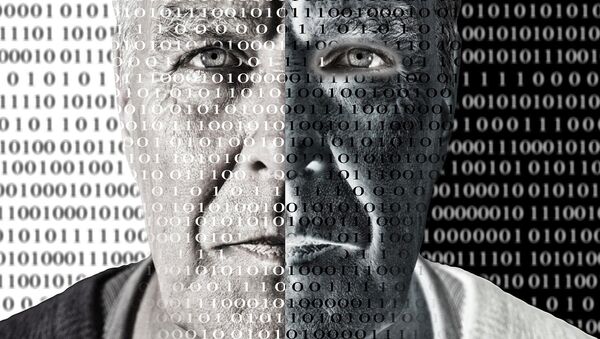The Met's announcement that it was piloting the technology on Monday, December 17 and Tuesday December 18, comes only days after it emerged pop star Taylor Swift was using similar software to scan the crowd at a concert in Los Angeles for known stalkers.
The UK civil liberties group, Liberty, said it was opposed to facial recognition technology because "it makes our privacy rights meaningless".
"Facial recognition is alarmingly biased — it's least accurate when it tries to identify black people and women. But as facial recognition systems become more accurate, the threat to our rights will only become greater," said Liberty in a statement on their website.
"Even if they do everything right at the Taylor Swift concert, as we see this technology spread there are going to be a lot of problems along these lines. But this does have larger implications. It is not about this one deployment, it is about where this technology is headed," Jay Stanley, the American Civil Liberties Union's (ACLU) senior policy analyst told The Guardian.
This morning officers from across Westminster are accompanied by the Violent Crime Taskforce & ward officers from @MPSSoho whilst testing is carried out of the latest facial recognition technology. #Soho #Technology
— MPS Westminster (@MPSWestminster) 17 December 2018
For more info head to: https://t.co/a0rGQrY8Bx pic.twitter.com/83hDOBikiR
Scotland Yard is deploying facial recognition technology for eight hours on both days in the Soho, Piccadilly Circus and Leicester Square areas which are heaving at this time of year with tourists, Christmas shoppers and people enjoying the area's bars and clubs.
"The Met is currently developing the use of live facial recognition technology and we have committed to ten trials during the coming months. We are now coming to the end of our trials when a full evaluation will be completed," said the Met's strategic lead for live facial technology Ivan Balhatchet.
But unlike in James Bond or Mission Impossible movies the technology will not scan crowds from drones or satellites in the sky.
Hand-Held Devices, Not Drone-Operated
Instead officers will approach people acting suspiciously with the hand-held devices and ask to scan them at close range.
If the technology generates a match the individual could be arrested if they fail further checks.
Tomorrow, police will use live facial recognition in London, scanning everyone in view.
— Big Brother Watch (@bbw1984) 16 December 2018
We're fighting this for all the people who don't want to be walking ID cards in a surveilled nation.
Join the 199 people who are helping us bring a legal challenge: https://t.co/0DurhCWNTJ
"We continue to engage with many different stakeholders, some who actively challenge our use of this technology. In order to show transparency and continue constructive debate, we have invited individuals and groups with varying views on our use of facial recognition technology to this deployment," said Mr. Balhatchet.
The technology could be used to look for anyone — from convicted pickpockets, muggers and drug dealers to those on terrorism watch lists.
The police said it was part of a strategy to tackle violence in the run up to Christmas,
"All the faces on the database to be used during the deployment are of people wanted by the Met and the courts," said the police in a statement.
Police will be using facial recognition in Soho, Piccadilly Circus + Leicester Sq on Mon+Tue. This mass surveillance tool snatches our unique biometric data + matches us against shady "watch lists". It's most likely to misidentify women + black people #resistfacialrec
— Hannah Couchman (@Hannah_Couchman) 16 December 2018
Earlier this month Microsoft said it was adopting a set of principles for deployment of facial recognition technology and called for new laws to prevent it being used in a dystopian future.
Fears of Orwellian Surveillance Society
"We must ensure that the year 2024 doesn't look like a page from the novel '1984,'" Smith said," said Microsoft president Brad Smith, referring to George Orwell's famous novel.
"An indispensable democratic principle has always been the tenet that no government is above the law. Today this requires that we ensure that governmental use of facial recognition technology remain subject to the rule of law. New legislation can put us on this path," Mr. Smith said on December 6, in a speech at the Brookings Institution.
Unmarked police facial recognition van sitting outside the Palace Theatre, near Leicester Square. Officers being told to treat those who seek to evade the cameras or cover their faces as suspicious — despite a press release from the Met telling the public of the exact opposite. pic.twitter.com/0tW7GHlZp9
— Hannah Couchman (@Hannah_Couchman) 17 December 2018
In the film Eye In The Sky — starring Helen Mirren and Aaron Paul — facial recognition technology is used by British and US intelligence agents and air force personnel to identify suspected Islamic extremists in Kenya before a drone strike is used to target a building and kill those inside.
It is thought the British, American and Israeli governments all possess facial recognition technology software which is used to identify individuals targeted by drone strikes.

